H.R. 3806: New World Screwworm Preparedness Act of 2025
This bill, known as the New World Screwworm Preparedness Act of 2025, aims to enhance the United States' preparedness to combat the New World screwworm (NWS), a parasitic fly that poses significant risks to livestock, wildlife, and public health. The key aspects of the bill are as follows:
Purpose
The bill directs the Secretary of Agriculture to conduct a comprehensive study to assess the current state of the U.S. preparedness and response capabilities against NWS, especially in light of potential outbreaks.
Key Findings
- The New World screwworm larva feeds on living tissue of warm-blooded animals, including livestock and humans.
- In the 1960s, the U.S. successfully eradicated NWS but now faces increased risks of reintroduction from neighboring countries, particularly Mexico.
- Proactive measures are needed to prevent an outbreak, which could have severe economic and ecological consequences.
Study Components
The study will include several components:
- Threat Assessment: Analyze the current threat posed by NWS, including its migratory patterns and potential introduction pathways into the U.S.
- Sterile Insect Technique Capabilities: Review the U.S. capacity to produce and deploy sterile NWS flies, assessing existing facilities and exploring new options.
- Surveillance and Detection Systems: Evaluate current surveillance systems for tracking NWS and effectiveness at border inspections.
- Emergency Response Plans: Examine existing response plans for NWS outbreaks, ensuring coordination among various agencies and availability of resources.
- Research and Development Needs: Identify critical needs for new diagnostic tools and improved control methods.
- International Cooperation: Assess the current collaboration with neighboring countries and suggest improvements to strengthen biological barriers against NWS.
Stakeholder Consultation
The Secretary of Agriculture must consult with a variety of stakeholders while conducting the study, including:
- Livestock producers and industry associations
- Wildlife management agencies
- Veterinary professionals
- Experts in entomology, epidemiology, and animal health
- State and local agricultural and public health officials
Reporting
Within six months of the enactment of this Act, the Secretary will submit a report to Congress detailing the study's findings and providing recommendations for legislative and administrative actions necessary to improve the U.S.'s capacity to combat NWS.
Timeline
- A comprehensive study must be conducted within 90 days of the bill's enactment.
- A report outlining the findings and recommendations is required within six months.
Relevant Companies
- None found
This is an AI-generated summary of the bill text. There may be mistakes.
Sponsors
19 bill sponsors
-
TrackMonica De La Cruz
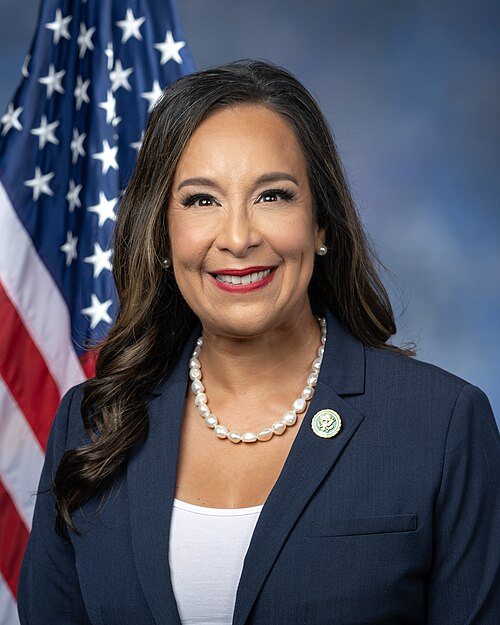
Sponsor
-
TrackJodey C. Arrington
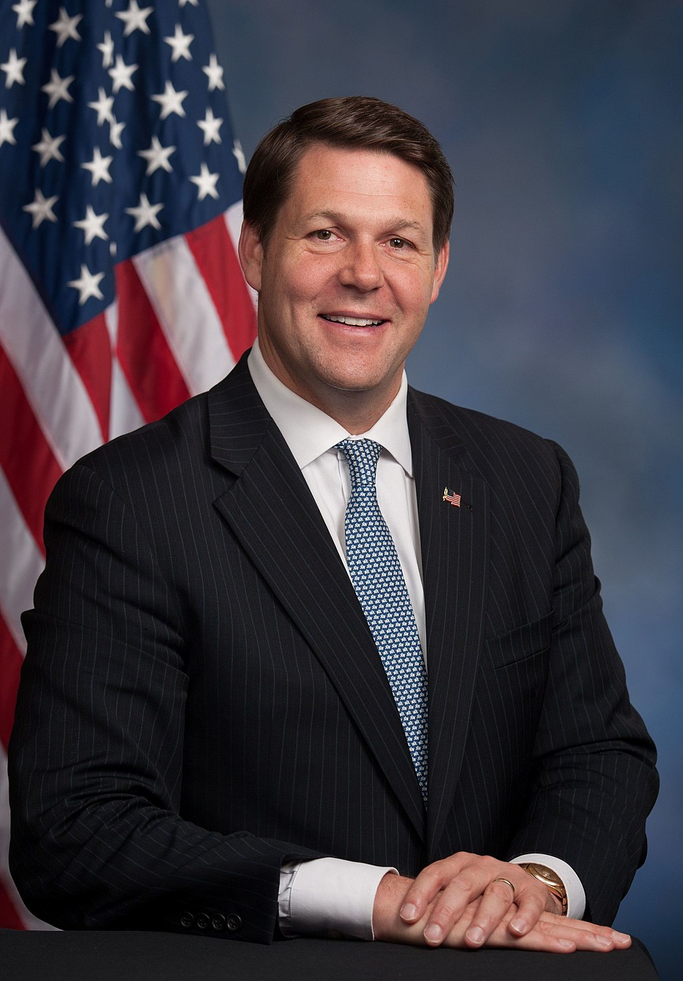
Co-Sponsor
-
TrackBrian Babin
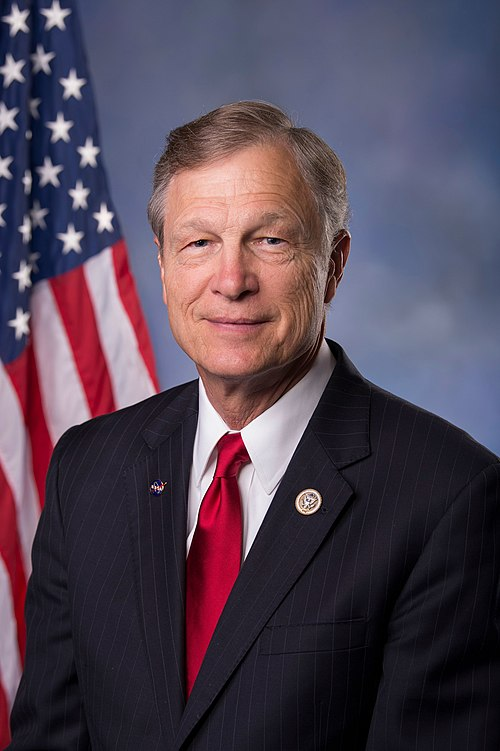
Co-Sponsor
-
TrackDon Bacon
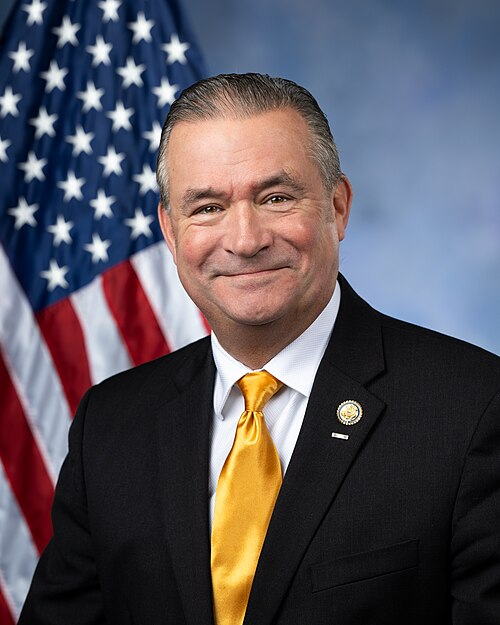
Co-Sponsor
-
TrackMichael Cloud
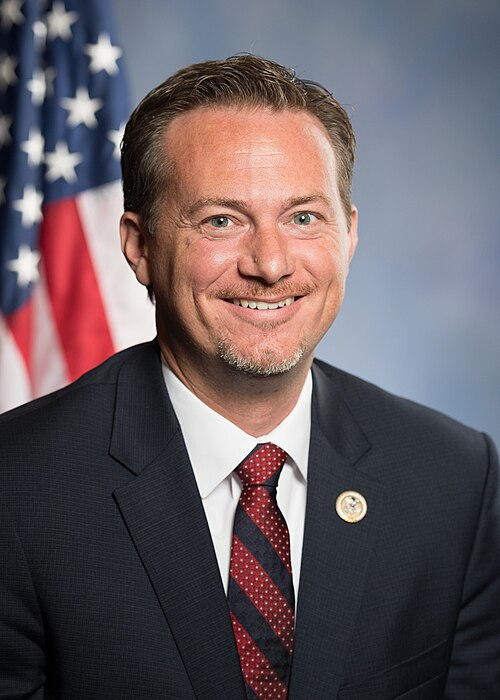
Co-Sponsor
-
TrackDan Crenshaw

Co-Sponsor
-
TrackJake Ellzey
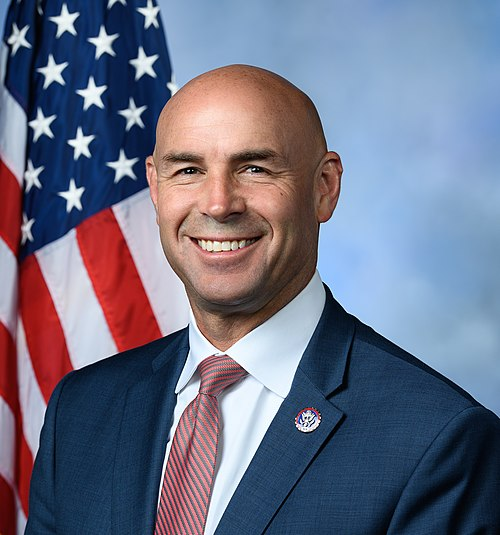
Co-Sponsor
-
TrackRuss Fulcher
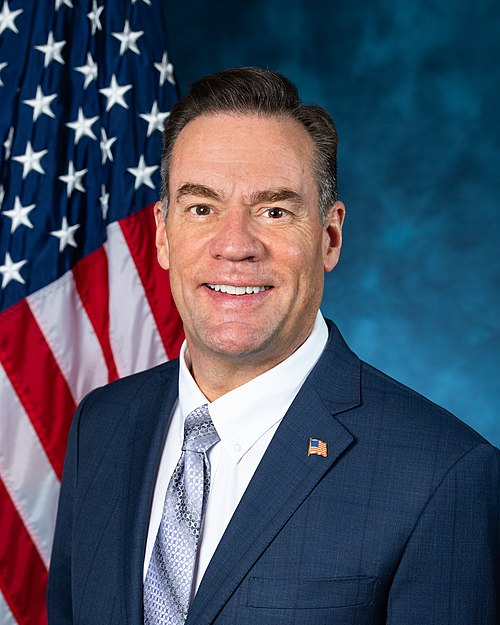
Co-Sponsor
-
TrackBrandon Gill
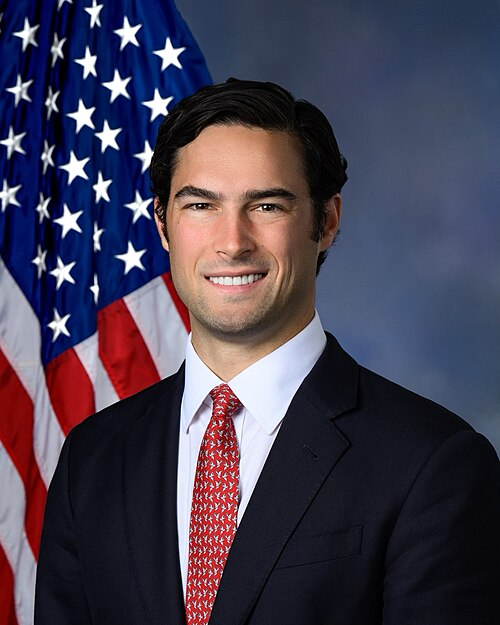
Co-Sponsor
-
TrackCraig Goldman
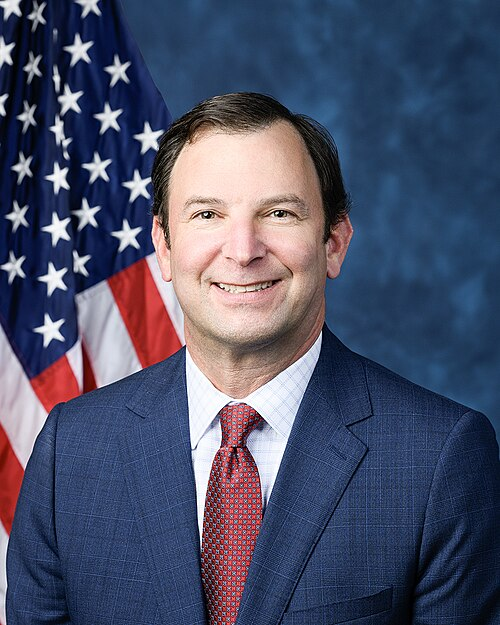
Co-Sponsor
-
TrackTony Gonzales
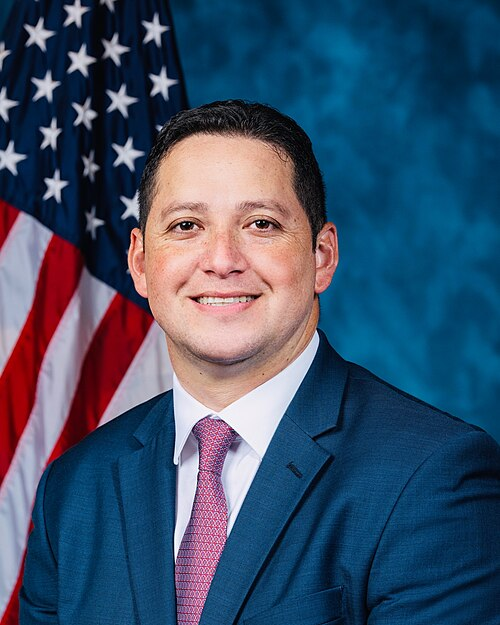
Co-Sponsor
-
TrackLance Gooden
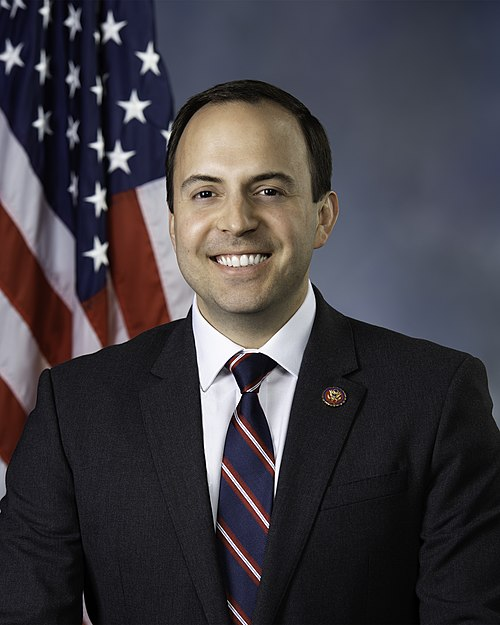
Co-Sponsor
-
TrackMichael T. McCaul

Co-Sponsor
-
TrackTroy E. Nehls
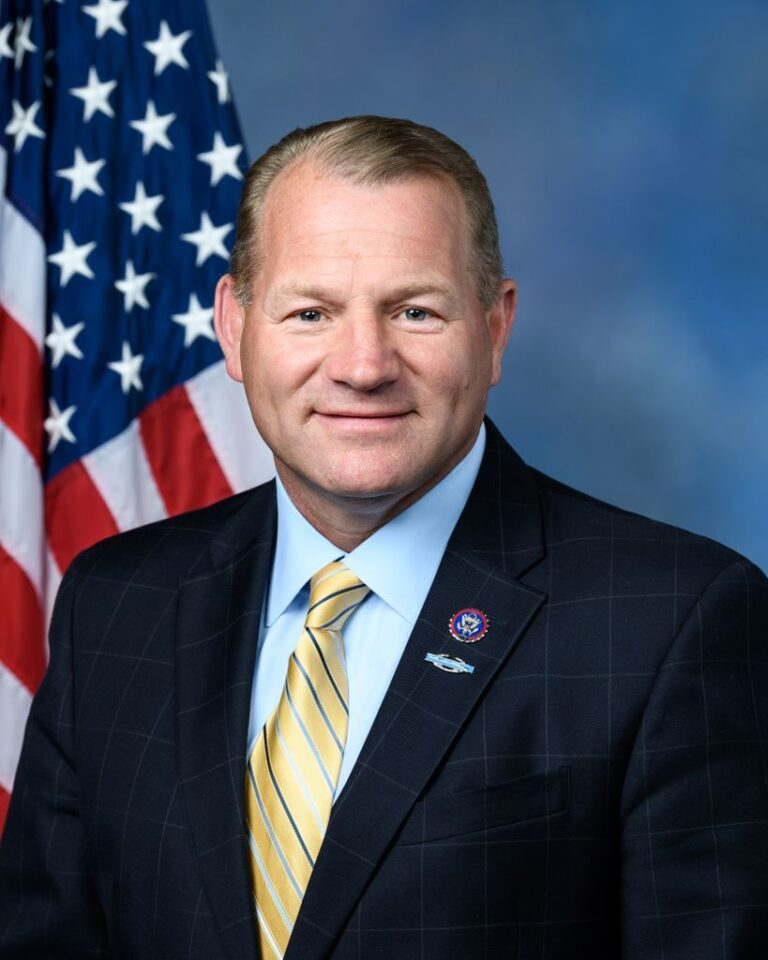
Co-Sponsor
-
TrackAugust Pfluger
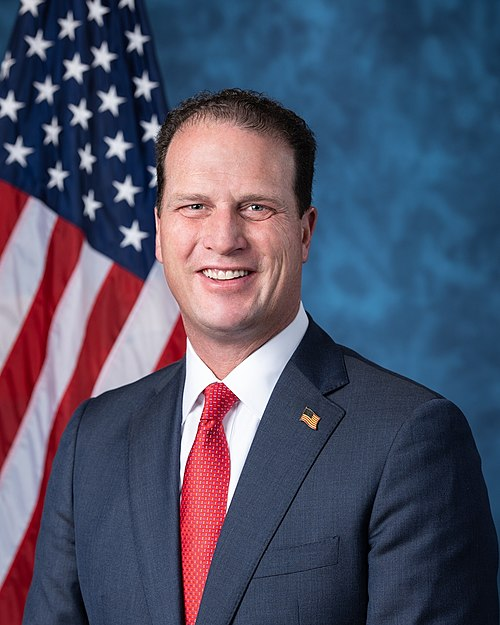
Co-Sponsor
-
TrackChip Roy
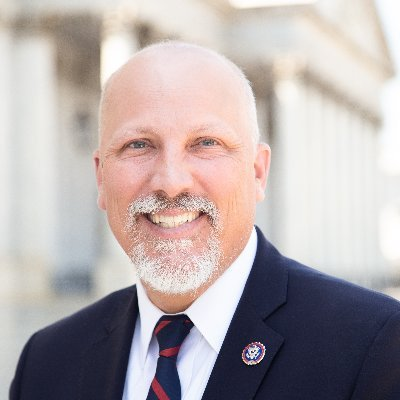
Co-Sponsor
-
TrackPete Sessions

Co-Sponsor
-
TrackBeth Van Duyne
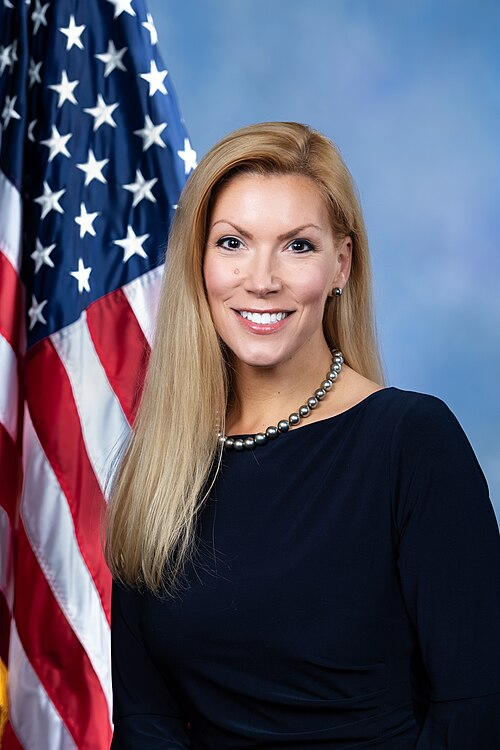
Co-Sponsor
-
TrackRoger Williams

Co-Sponsor
Actions
2 actions
| Date | Action |
|---|---|
| Jun. 06, 2025 | Introduced in House |
| Jun. 06, 2025 | Referred to the House Committee on Agriculture. |
Corporate Lobbying
0 companies lobbying
None found.
* Note that there can be significant delays in lobbying disclosures, and our data may be incomplete.
Potentially Relevant Congressional Stock Trades
No relevant congressional stock trades found.